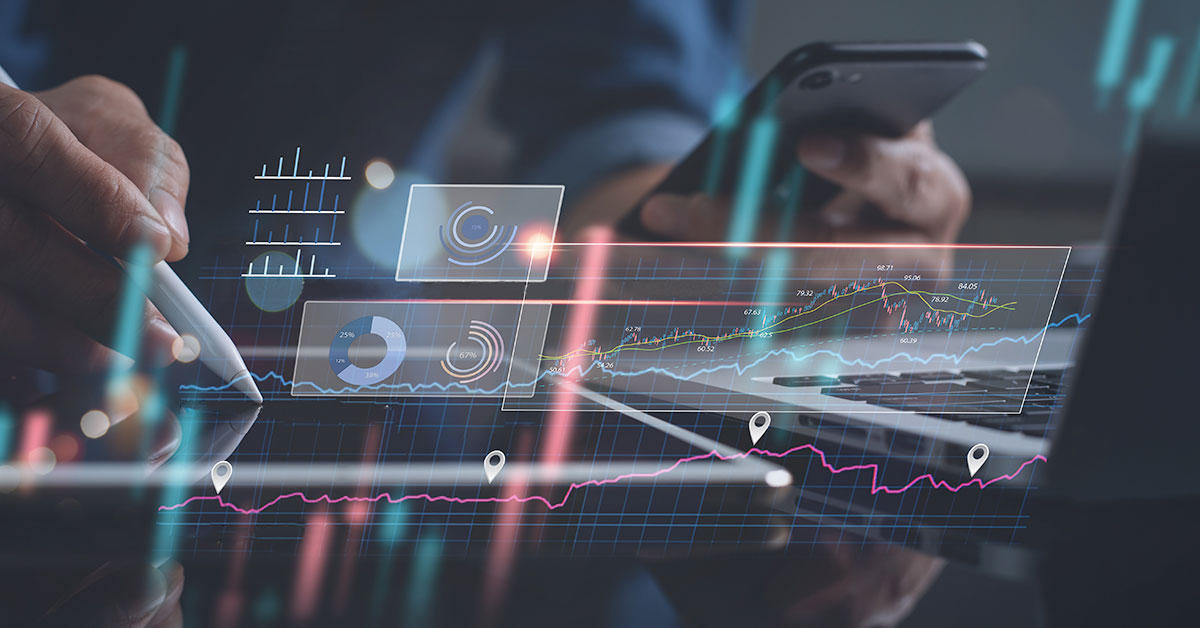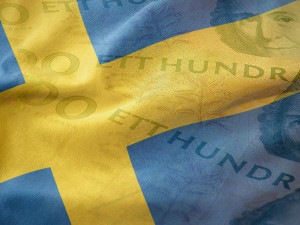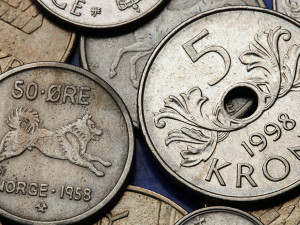
A futures contract by definition is a legally binding agreement between two parties to buy and sell a specific quantity of an asset at a predetermined price on a specified future date. Futures contracts will come in various forms which cater to different markets and asset classes. These forms of futures contracts can include commodities, financial instruments, interest rates, equity, currencies and more.
Futures contracts are a fundamental part of the global economy, and are vital in a number of industrial and economic sectors, from agriculture and energy to currencies and interest rates. These financial tools provide a way for individuals and institutions to manage risk, make speculations on price movements, and facilitate efficient price discovery.
Futures contracts are often called ‘futures’ for short.

How does a futures contract work?
In order to understand how futures contracts work, it’s essential to understand the key elements that go into a futures contract.
Futures are based on assets, which can be essentially anything. It could be a physical commodity such as gold, oil or wheat, a financial instrument such as a stock index, or even on the fluctuation of interest rates. There is no fixed rule about what a futures contract can or can’t cover.
Futures contracts will have a predetermined expiration date for when the asset must be bought or sold. The contract can expire on a specific date, or in some cases when certain criteria are met, which is decided by the exchange.
The price of the futures contract which has been agreed upon is known as the contract price. The amount of the asset being purchased is also decided upon between both parties.
A clearinghouse is used in a futures contract to act as an intermediary. This is to ensure that the contractual obligations are fulfilled by both parties, and also to mitigate counterparty risk as well as facilitate the trading process.
How Futures Trading works
Futures are not just used for business transactions – they are also popular with traders looking to make a profit on the movement of a particular asset.
In a simplified example, a futures trade involves a buyer (taking a long position) and a seller (taking a short position) entering into an agreement over a particular asset.
The buyer will agree to purchase the asset, and the seller will agree to provide the asset on a set date at a price they both agree on. The price agreed on is known as the strike price.
Once this has been decided, both parties are required to deposit an initial margin with the clearinghouse to ensure they’re committed to the contract. It will also help to cover potential losses.
At the expiration date, the buyer will make the purchase of the asset and the contract will be settled.
Another option for the buyers and sellers is to sell their contract to another buyer or seller. This is one way of leaving a futures contract, if one doesn’t want to fulfil the obligations of the contract on the expiry date.
What are futures contracts used for?
Futures contracts are common in business and are used for several purposes:
Risk management
Due to liquidity risk (i.e., not being able to sell something), futures contracts provide an excellent way to manage that risk. A futures contract means that the seller can lock in the price of their asset, which is particularly useful if a market might be more olatile.
For example, a farmer might use a wheat futures contract to secure a price for their crop before it’s actually been harvested, which protects them from unexpected price fluctuations in the market. If the price of corn suddenly fell, their profits would be protected.
Market stabilisation
As a price is predetermined in a futures contract, it means that prices for assets can be kept at a constant level. For example, the price of corn might fluctuate wildly due to unexpected weather conditions, but futures contracts will ensure that the market is not adversely affected, as the price has been agreed upon beforehand. This means that the price of corn can readjust to normal levels without causing too much economic disturbance.
Price discovery
Price discovery is the process of determining the price of a new asset, which is done through assessing the activity of buyers and sellers.
Futures markets play a crucial role in making a price discovery. They allow a platform for buyers and sellers to express their views on future price movements, but not take significant risks in doing so. This is because a futures contract allows investors to buy the asset, but not commit to fully putting their money in.
Speculation
Similar to price discovery, futures contracts can also be a way for traders and investors to speculate on the price of an asset. Using futures, they can profit from both rising and falling markets, meaning that risk can be managed both ways.
Investors can buy or sell futures purely to express an opinion about an asset. They can potentially profit, but also buy or sell an offsetting futures contract position to eliminate their position in the asset.

Futures contracts vs forward contracts
Due to the similarity, many people make the comparison between a futures contract and a forward contract. However, there are some key differences.
Generally speaking, the key difference between a forward contract and a futures contract is that a forward contract is privately negotiated, but a futures contract will be handled on an exchange. This is because a futures contract will often cover a general commodity, but a forward contract will be used for a very specific deal.
To summarise, a forward contract:
- Is normally privately negotiated
- Has customised terms
- Carries credit default risk
- Fully dependent on counterparty
- Unregulated
- Non-transferable
A futures contract is:
- Quoted in a public market
- Actively traded
- Standardised contract
- Regulated
- No counterparty risk
Conclusion
Futures contracts are financial tools that can be used for a variety of purposes. They allow individuals and institutions to manage risk, make speculations on price movements, and allow for effective and efficient price discovery.
For more currency news and insight into the ever-changing world of currency, make sure to stay up to date with our Expert Analysis, as well as our Market Commentary.
Caleb Hinton
Caleb is a writer specialising in financial copy. He has a background in copywriting, banking, digital wallets, and SEO – and enjoys writing in his spare time too, as well as language learning, chess and investing.



